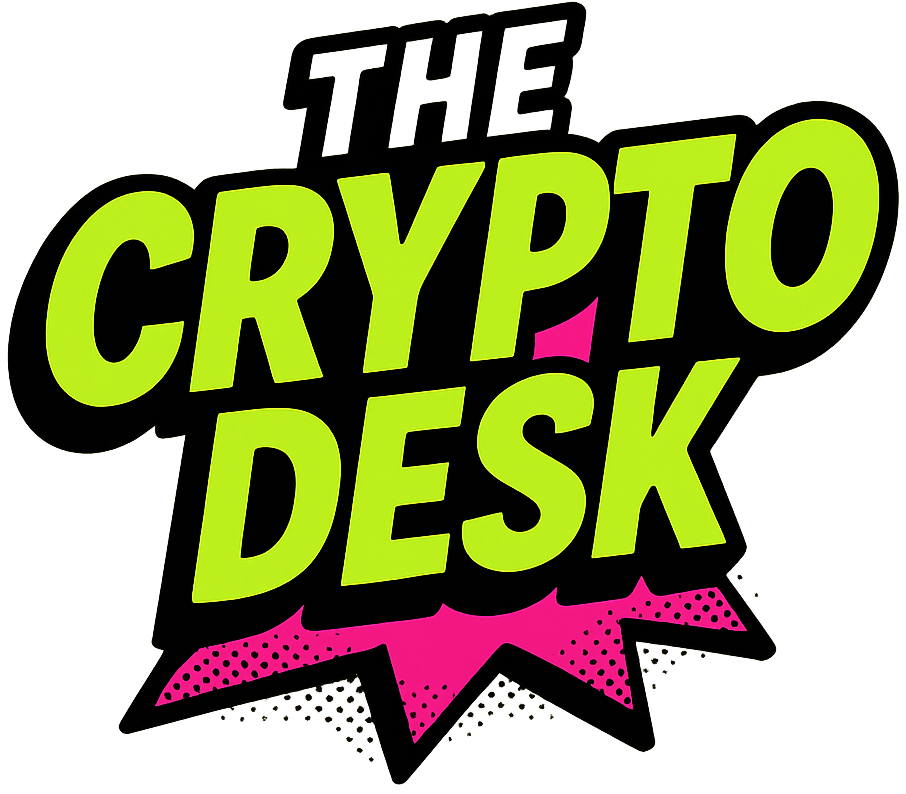Sweden Eyes Bitcoin as a Possible Anchor for National Reserves
In an intriguing turn of events, Sweden is considering the integration of Bitcoin into its financial reserves, a proposal that signals a notable shift in the traditionally conservative stance of the Scandinavian nation toward cryptocurrencies. This conversation was sparked by Rickard Nordin, a Member of Parliament, who reached out to Finance Minister Elisabeth Svantesson with his vision of diversifying the country’s reserves to include Bitcoin. Dated April 8, his letter highlighted the digital asset’s ascent in the global economy and its potential role as a revolutionary economic tool.
The Case for Bitcoin: More Than Just Digital Gold
Nordin argues that Bitcoin has transitioned from a speculative digital currency to a fundamental asset seen as a hedge against inflation and economic instability. In his letter, he underscored the rapid evolution of the crypto space, where Bitcoin is increasingly recognized as a safe haven asset amidst turbulent market conditions. He articulated that it not only serves as a medium of exchange in various regions but is also a vital resource for those fighting against oppressive regimes.
Sweden MP Rickard Nordin’s Letter to the Finance Minister / Source: riksdagen.se
Global Implications of the Proposal
This proposal is not occurring in isolation. The conversation around national Bitcoin reserves is gaining traction worldwide. Countries like El Salvador and Bhutan have begun integrating Bitcoin into their financial frameworks, while larger economies are contemplating their strategic moves. Notably, Nordin’s proposal is parallel to discussions reignited in the United States, where former President Trump signed an executive order in March to establish a national Bitcoin reserve, conceptualized as a “virtual Fort Knox” for digital assets. This reflects a broader acceptance of Bitcoin as a serious component in state finance.
JUST IN: 🇸🇪 Swedish MP suggests adding Bitcoin to reserves, inspired by Trump’s March 7 order. pic.twitter.com/p2U111s7b0— Coin Bureau (@coinbureau) April 11, 2025
A Complex Landscape: Support Meets Resistance
While the momentum for Bitcoin adoption is evident, the sentiments are mixed worldwide. In Germany, the former finance minister has endorsed Bitcoin for state reserves, while Switzerland has proposed a constitutional amendment to ensure the Swiss National Bank includes Bitcoin in its portfolio. However, resistance persists. South Korea’s central bank has dismissed the idea of a Bitcoin reserve, echoing concerns about volatility. Poland’s financial institutions have rejected similar proposals, favoring traditional, stable assets instead.
The dissonance illustrates a significant tension between innovation and regulatory caution. Sweden, while proposing to explore Bitcoin reserves, has taken a stringent stance against cryptocurrency businesses. In 2024, authorities labeled certain exchanges as “professional money launderers,” highlighting rampant tax evasion linked to misleading tax practices by miners operating in the country.
NEW: 🇸🇪 Sweden is abolishing tax incentives for #bitcoin miners in July. pic.twitter.com/dY1LEjbu6k— Bitcoin News (@BitcoinNewsCom) April 15, 2023
What Lies Ahead: Future Outlook on Bitcoin Integration
The future of Bitcoin in Sweden’s financial strategy is unclear but undeniably fascinating. As Klarna, Sweden’s top fintech firm, prepares to enter the crypto market, the potential for broader adoption and integration within Sweden’s financial systems could change the landscape of digital finance in the country.
What does this mean for investors and crypto enthusiasts? By observing Sweden’s actions, stakeholders may gain insights into potential policy shifts across Europe and beyond. The balance between innovation and regulatory oversight in cryptocurrency is still being forged, and Sweden’s unfolding narrative will be one to watch.
Frequently Asked Questions (FAQs)
- Is cryptocurrency legal in Sweden? Yes. While not classified as legal tender, the Swedish Financial Supervisory Authority recognizes cryptocurrencies as valid payment methods.
- Are there taxes on cryptocurrency in Sweden? Profits from trading or selling virtual currencies are taxed at a capital gains rate of 30%.
- Is investor protection available for cryptocurrencies in Sweden? Currently, Swedish consumer protection laws do not extend to cryptocurrency dealings, leaving investors vulnerable.
Conclusion: A Call for Discussion and Engagement
The proposal by Rickard Nordin to incorporate Bitcoin into Sweden’s national reserves raises numerous questions about the future of finance in a digital age. As countries grapple with the implications of cryptocurrency, Sweden’s advancing position may inspire dialogue among policymakers, investors, and tech innovators alike. We invite our readers to share their thoughts: How do you view the potential of Bitcoin as a national reserve asset? Join the conversation!

